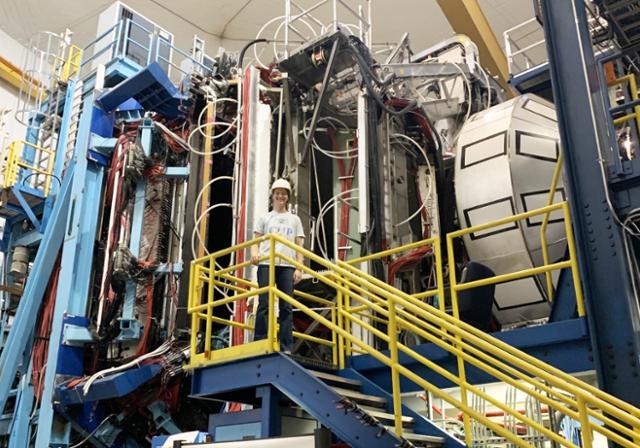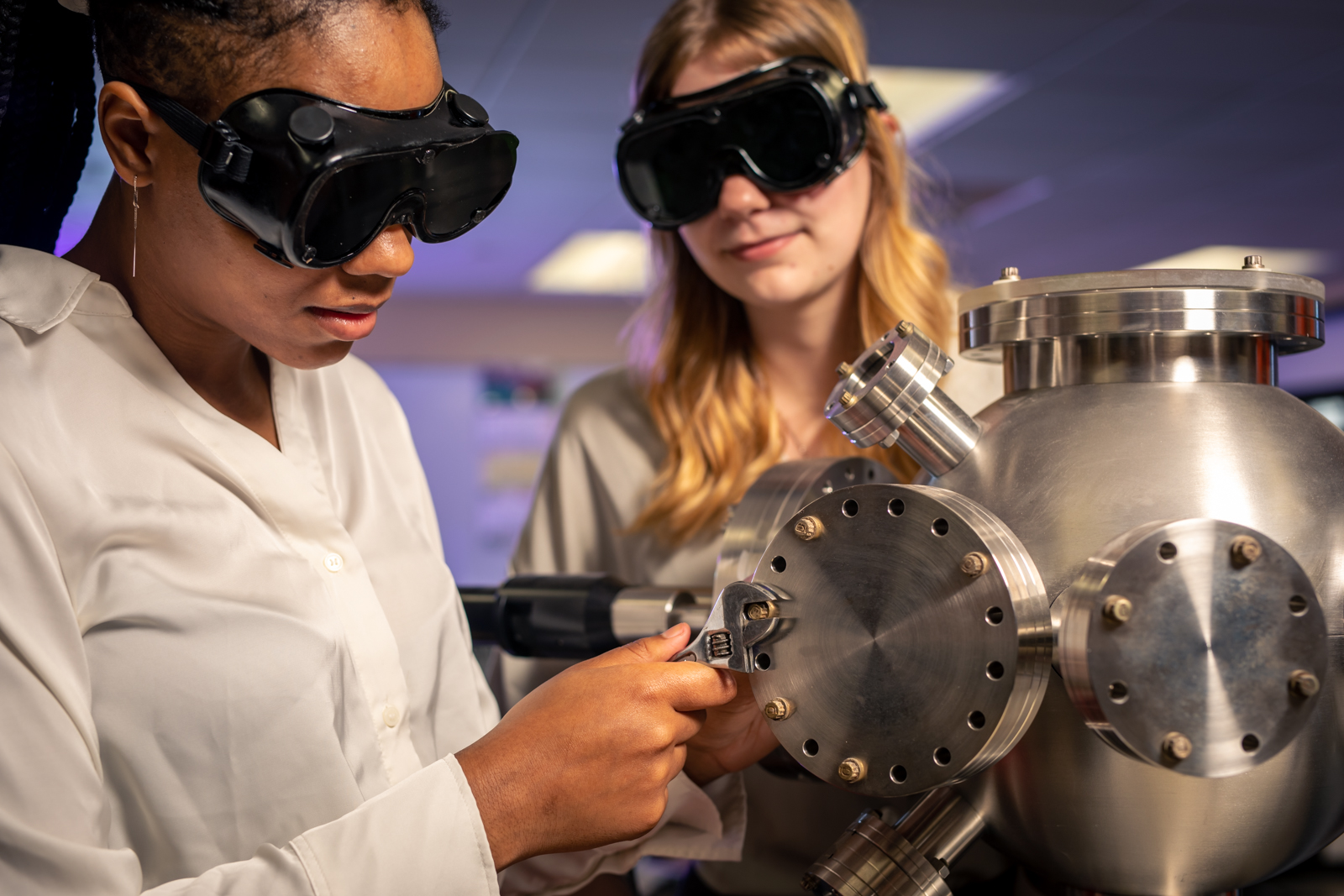Mechanical Engineering
Duquesne University's Mechanical Engineering Program offers a comprehensive and state-of-the-art education tailored for those aspiring to excel in the field of mechanical engineering. Here's a personalized overview of what you can expect:
-
Building a Strong Foundation: We provide you with a robust grounding in mathematics, physics, and engineering principles. This will prepare you for advanced coursework in mechanical engineering.
-
Exploring a Diverse Curriculum: Our curriculum is designed to offer you a broad spectrum of mechanical engineering topics. From mechanics to thermodynamics, materials science, and fluid dynamics, you'll gain a strong foundation in the core subjects that drive innovation and progress in this field.
-
Research Opportunities: We encourage your passion for research. You'll have the chance to engage in cutting-edge projects alongside our expert faculty members, giving you invaluable hands-on experience.
-
Forging Industry Connections: Duquesne's location in Pittsburgh, a tech and engineering hub, opens doors to incredible opportunities. You can explore internships and establish crucial connections with industry professionals. These connections can set you on a path to lucrative career prospects after you graduate.
-
Nurturing Professional Development: Our program places a strong emphasis on your professional growth. You won't just gain technical expertise but also develop essential professional skills and a strong sense of ethics. This ensures that you're not just an engineer but a well-rounded one, capable of excelling in diverse work environments. Our career development services and internship opportunities are designed to facilitate a smooth transition into the workforce.
-
Fostering a Supportive Community: At Duquesne, you'll become part of a tight-knit and supportive community. Small class sizes and a collaborative learning environment will enable you to form strong relationships with your professors and peers, enhancing your overall educational experience.
Program Information
Duquesne University's Mechanical Engineering Program offers a comprehensive and cutting-edge education for students pursuing a career in mechanical engineering. The program, located in Pittsburgh, Pennsylvania, is known for its commitment to academic excellence, hands-on learning, and a strong focus on developing well-rounded engineers.
Program Type
Major
Degree
Bachelor's
Duration
4-year
Required Credit Hours
131
Contact me, your Enrollment Coordinator, to help you get started on your engineering
path today! The Mechanical Engineering program emphasizes experiential learning in science, combining
theoretical classroom knowledge with hands-on, real-world applications through activities
such as laboratory work, field studies, internships, and research projects. You can explore your interests through approximately 14 student organizations, which
are open to science and engineering majors. These options include joining the American
Chemical Society, the Biomedical Engineering Society, the Society of Women Engineers,
and the Multicultural STEM Group, among others, to connect with like-minded peers
and pursue your passions. This is the curriculum for the mechanical engineering program, encompassing 131 credits.
Immerse yourself in practical experiences, collaborative research, and real-world
projects, all designed to equip you with the expertise to make a substantial impact
in the field of engineering. Fall Semester (16 credits)I Can Help You Reach Your Bigger Goals!
Maddy Gormley

Featured content

Experiential Learning in Science

Student Organizations
Curriculum
Spring Semester (17 credits)
Spring Semester (16 credits)
Spring Semester (16 credits)
Spring Semester (15 credits)


